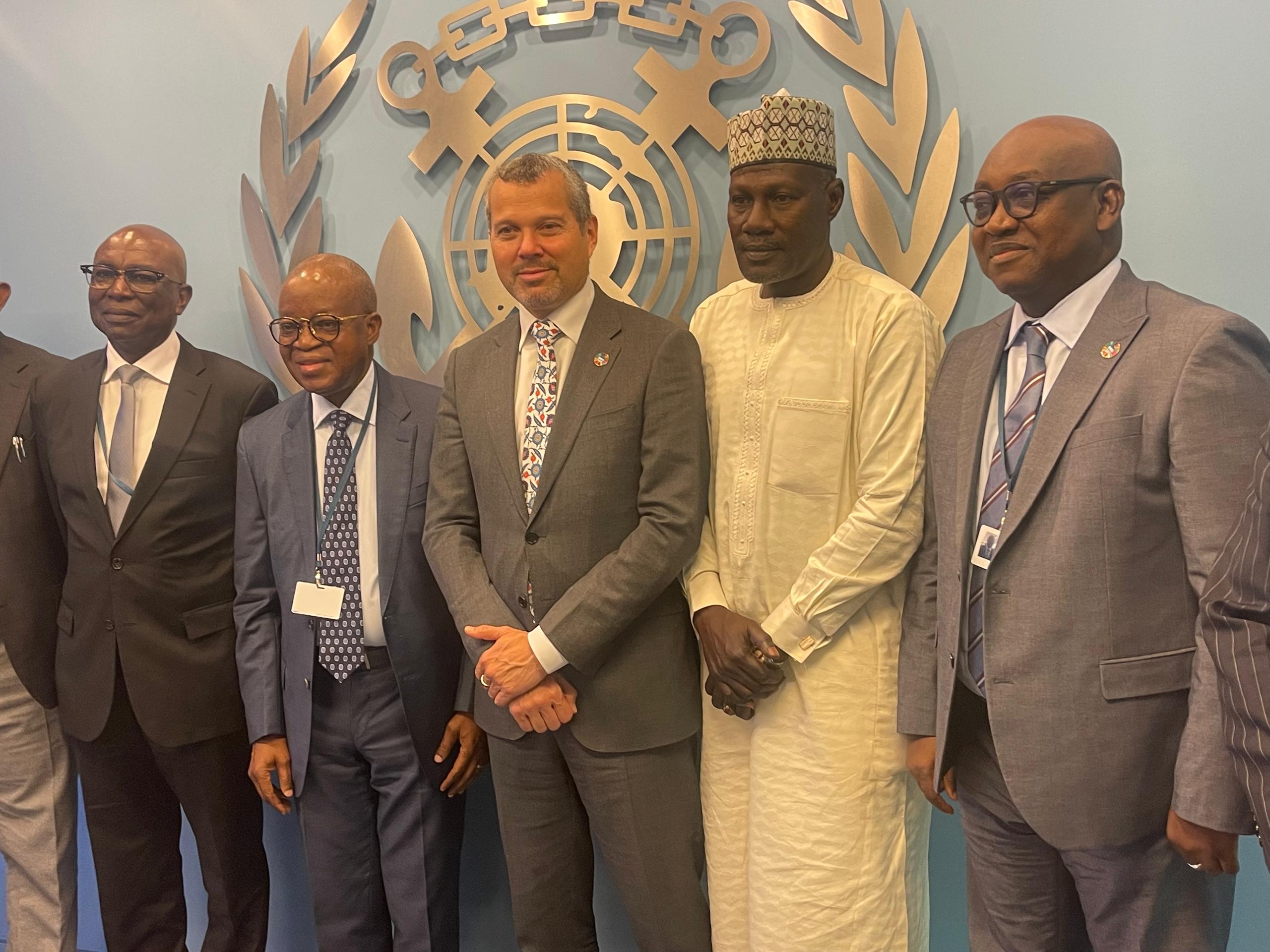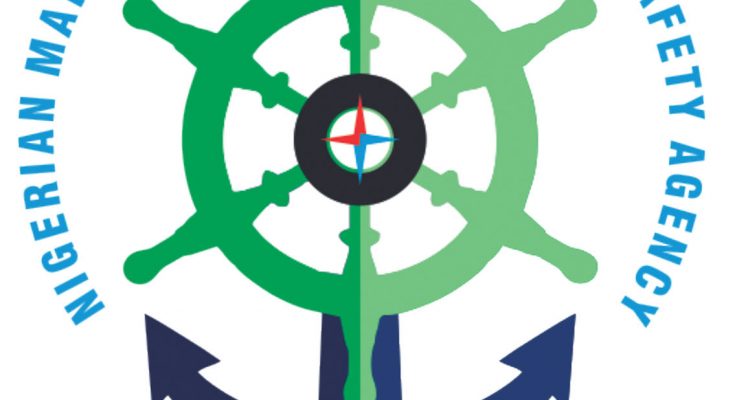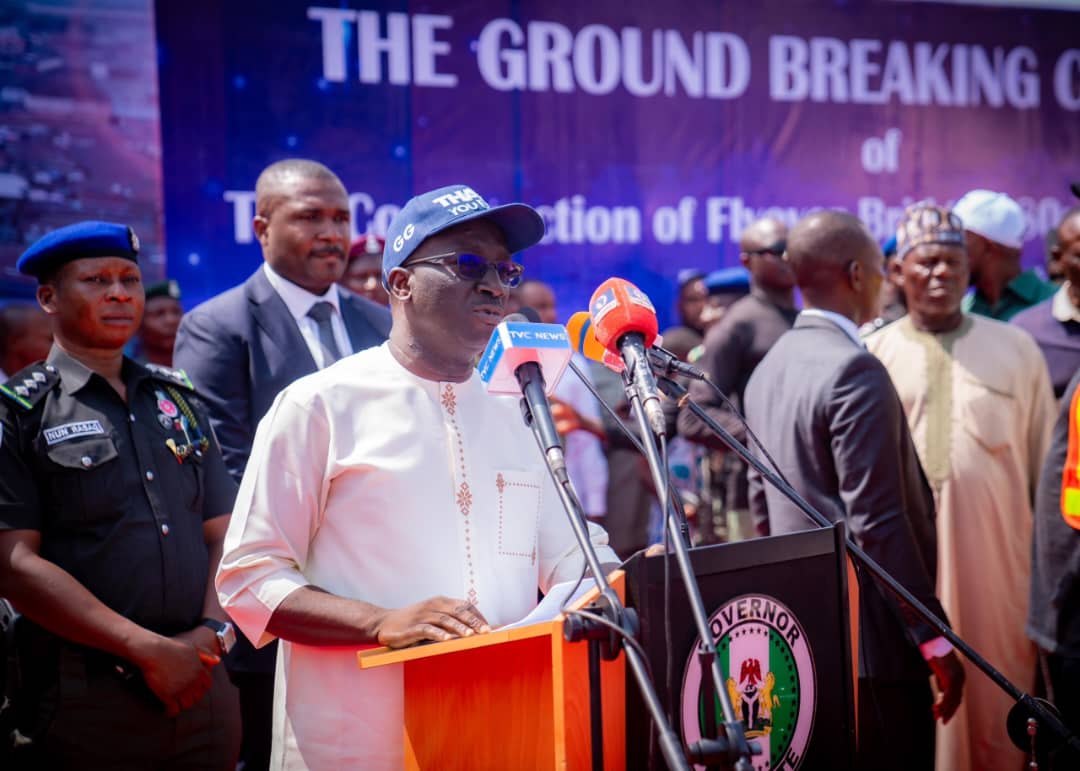Maritime
Nigerian seaports remain most expensive — Terminal operators

LAGOS – Seaport Terminal Operators Association of Nigeria (STOAN) has attributed the high cost of doing business in Nigerian ports to the multiple taxation and high duty on cargoes.
Speaking with newsmen in Lagos, the Chairman of STOAN, Princess Vicky Hastrrup, said that besides the high cost of running terminals, importers and other port users pay much more than what is obtainable in other ports due to lack of certain infrastructures like light and good roads.
Hastrrup also noted that apart from the issue of double taxation, various government agencies collect all kinds of levies from both importers that are not collected in other countries.
She explained that inflation has also taken its toll on the cost of cargo clearance, adding that apart from storage and cargo handling charges that terminal operators collect from importers and agents, other agencies collect levies and duties.
She said “ For instance, while the duty on rice in Nigeria is put at 110 percent, it is seven percent in Benin Republic and Zero percent in Cameroon, noting this high import has not only encouraged smuggling, the government of Nigeria is also losing billions of Naira in revenue to other countries.
She said that terminal operators have added value to the Nigerian port system as the ports are more efficient than they were eight years ago. Hastrrup, who is also the Executive Vice chairman of ENL Consortium, operators of berths three and Four at the Apapa port Complex absolved terminal operators of the blame of high cargo cost at the ports, adding that what terminal operators collect are statutory charges.
She further explained that the efficiency exhibited by the operators in their various terminals has also resulted in increased cargo volume and ship traffic in the country.
She also noted that the congested port access roads in and around the port area has not helped matters as the congested roads cause delay for importers to take delivery of their goods just as empty containers find it difficult to come back to the port.
“Access to the ports is our greatest challenge; we have right now because it is becoming an enormous task for those that are coming to load or take delivery of their cargoes and I think that is very frustrating.
Sometimes, we cannot even discharge as much as we can possibly do because the trucks cannot even have access to the terminals. She also disclosed that most terminal operators run on generating set for 90 percent, which adds to their cost of operation.
“It is actually much more expensive to run terminals in Nigeria than in other countries. Let me say it loud and clear here that the concessionaires are not increasing cost, you have double taxation and all sort of levies, even the industrialist can attest to this.
– VANGUARD
Maritime
Maritime Governance: Minister Deposits Three Accession Instruments At IMO

The Honourable Minister of Marine and Blue Economy, Adegboyega Oyetola has deposited three Instruments of Accession to IMO Conventions signed by President Bola Ahmed Tinubu with the global body.
He did so on Tuesday, at the headquarters of the International Maritime Organization (IMO), which acts as the repository for these conventions.
This move, coming a few weeks after Nigeria declared its intention to contest election for a seat on the IMO Council, is expected to enhance Nigeria’s maritime governance and align its practices with international standards, promoting maritime safety, security, and environmental protection.
Shortly after the presentation ceremonies, Oyetola informed the IMO Secretary General, Arsenio Dominguez, of the President’s commitment to ensuring that Nigeria aligns with international maritime standards regarding maritime safety, security, and sustainable marine practices.
ALSO READ: NNPCL Launches Utapate Crude Oil Blend, Eyes Production Expansion In 2025
He also called on the IMO to extend technical support to Nigeria.
In his words, “These instruments, duly acceded by His Excellency, the President of the Federal Republic of Nigeria, signify Nigeria’s continued commitment to aligning with international maritime standards, ensuring maritime safety and security, and promoting sustainable marine practices.
“We hereby request tailored technical cooperation under the Integrated Technical Cooperation Programme (ITCP) to enhance Nigeria’s compliance with IMO conventions and improve our maritime governance and implementation of the instruments we submitted today.”
On his part, Dominguez, acknowledged with appreciation the formal deposition of the Instruments of Accession, stating that it underscores Nigeria’s steadfast commitment to aligning with global maritime standards.
“I congratulate Nigeria for its exceptional efforts in acceding to these six critical IMO instruments. I encourage continued momentum by securing presidential assent to additional key conventions. We at the IMO remains fully committed to supporting Nigeria through technical cooperation and capacity-building initiatives to ensure the successful implementation of these instruments,” he stated.
The instruments Oyetola handed over to Dominguez include the instrument of accession to the 2005 Protocol to the Convention for the Suppression of Unlawful Acts against the Safety of Fixed Platforms Located on the Continental Shelf (SUA Protocol 2005), the instrument of accession to the International Convention on Standards of Training, Certification, and Watchkeeping for Fishing Vessel Personnel (STCW-F), and the instrument of accession to the Protocol Relating to Intervention on the High Seas in Cases of Pollution by Substances Other Than Oil (Intervention Protocol 1973).
It was gathered that three other Instruments of Accession signed by President Tinubu are undergoing further steps to complete the processes for their deposit.
Maritime
Capacity Dev’t: NIMASA Assures On Cabotage Vessel Financing Fund

Funds accrued under the Cabotage Vessel Financing Fund (CVFF) are intact and currently held with the Central Bank of Nigeria (CBN) under the Single Treasury Account (TSA).
This assertion was made by the Nigerian Maritime Administration and Safety Agency (NIMASA), in a statement in Lagos on Tuesday.
The clarification became necessary to address “a misleading publication alleging that funds have disappeared from the CVFF account”.
ALSO READ: Okpebholo Hits Ground Running, Flags Off Edo’s 1st Flyover Bridge
The statement reads, in part, “The report of a missing money is both misleading and false.
“For the record, the Cabotage Vessel Financing Fund, securely held in the NIMASA account at the Central Bank of Nigeria (CBN), remains intact. There has been no disappearance of funds, and no illegal transactions, as the article suggests. This misinformation is a figment of the authors imagination, aimed at undermining NIMASA’s integrity, and mislead the public about the Agency’s operations.
“The Management of NIMASA will ensure that the CVFF is utilised in line with its statutory purpose. NIMASA Director General, Dr Mobereola has assured stakeholders of the safety of funds under the CVFF.”
The statement cited the DG thus, “Let us be clear that the CVFF account at the Central Bank of Nigeria is safe, intact, and secure. We at NIMASA will continue to manage it with the utmost responsibility, and there are no irregularities or illegal activities surrounding the funds. I urge the public to disregard this false narrative and to continue trusting the Agency’s ability to uphold the integrity of Nigeria’s maritime sector”.
It was gathered that the CVFF is a fund established under section 42 of the Coastal and Inland Shipping (Cabotage) Act 2003 to promote the development of indigenous ship acquisition capacity and to provide credit facilities to local maritime operators.
The NIMASA, assured of its commitment “to transparency, accountability, and the advancement of Nigeria’s maritime sector.”
Maritime
Okpebholo Hits Ground Running, Flags Off Edo’s 1st Flyover Bridge

Edo State Governor, Senator Monday Okpebholo appears eager to deliver the dividends of democracy to his constituents.
This is discernible from the frenzy of activities being witnessed in his first few days on the job, including dissolution of boards, constitution of investigative panels, flagging off of infrastructure projects, among others.
In the bid to address the perennial road traffic congestion negatively impacting economic and social activities in Benin City, the state capital, Gov Okpebholo on Wednesday flagged off the construction of a flyover bridge.
Biztellers reports that the flyover bridge around the popular Ramat Park in the city centre is the first of such in the history of Edo State.
ALSO READ: Tinubu Seeks ₦1.767tn Loan to Tackle 2024 Budget Deficit
The Edo State Government made the disclosure in its verified handle on micro-blogging site, X, on Wednesday.
It wrote, “Traffic decongestion: Gov Okpebholo flags off first flyover in Edo.
“Edo State Governor, Sen. Monday Okpebholo has flagged off the construction of a flyover bridge at Ramat Park, Benin City, the State Capital, as part of immediate efforts to reduce traffic congestion in the city.”











